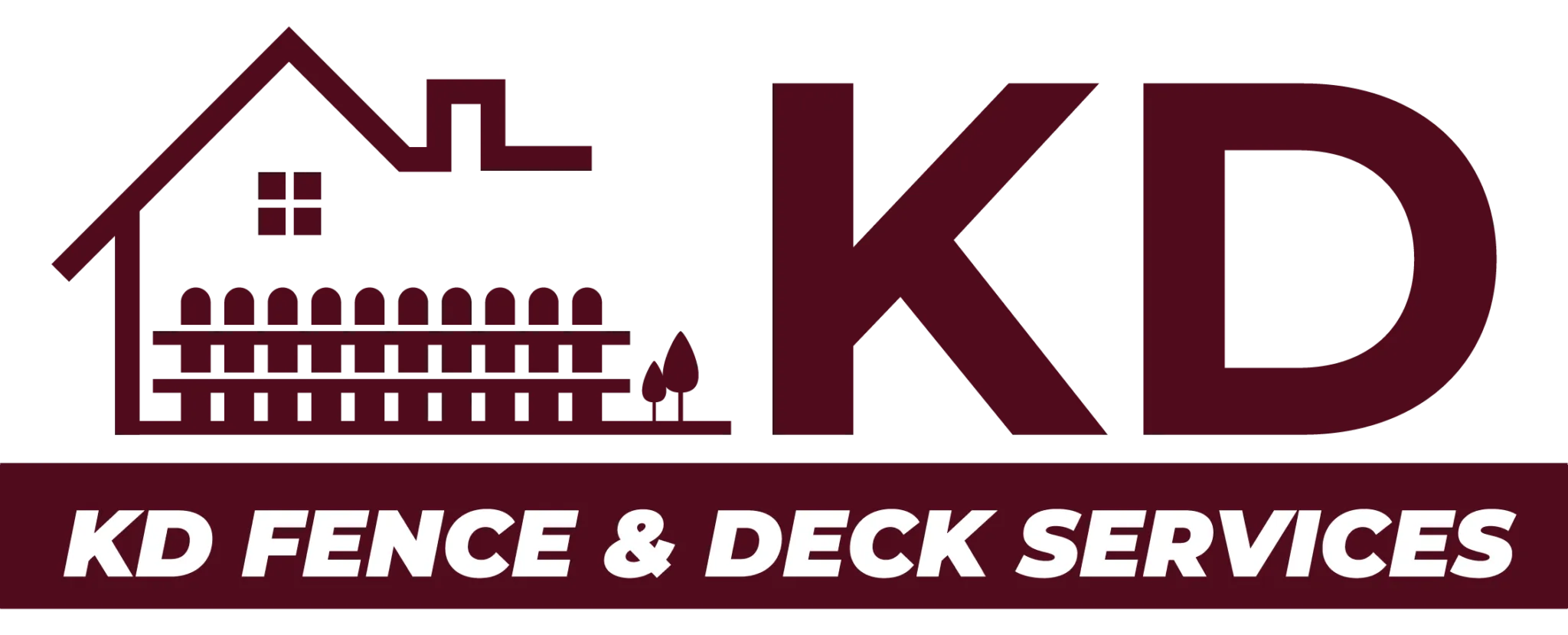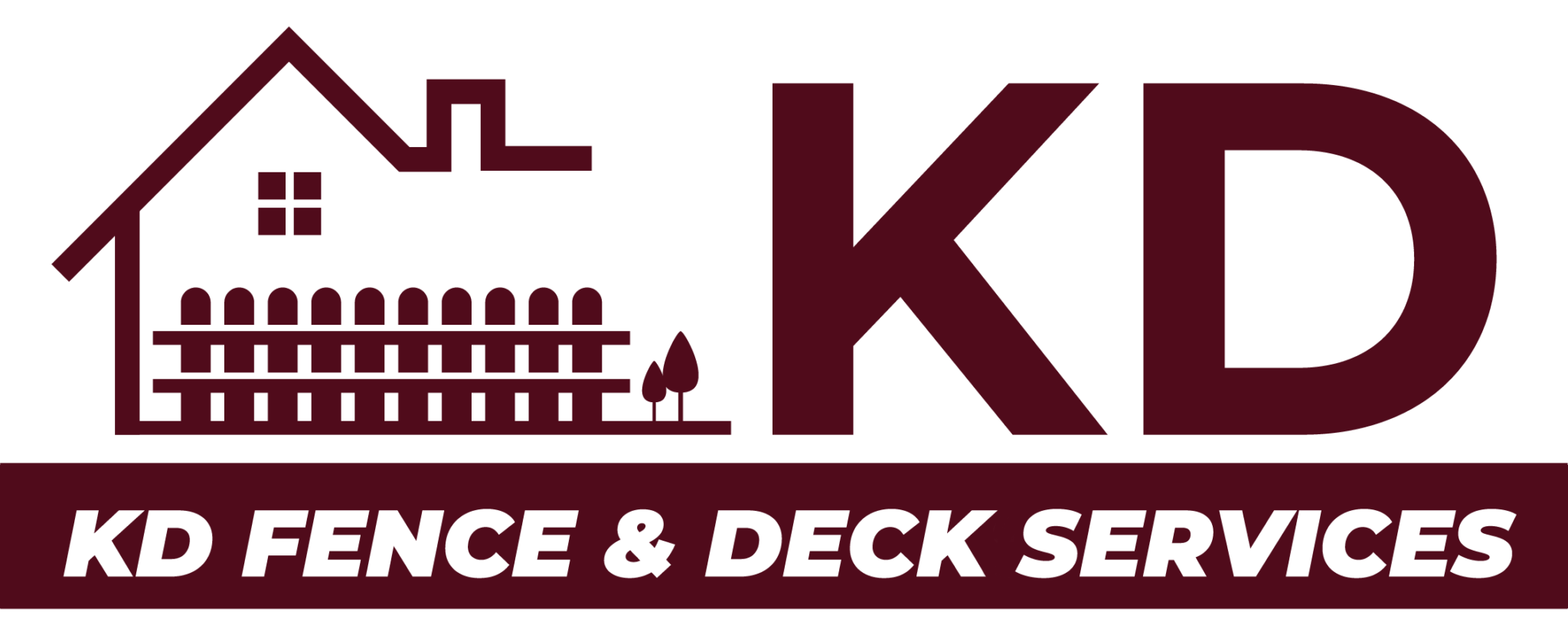Living near the coast sounds like a dream — endless ocean views, salty breezes, and lots of sunshine. But keeping fences and decks looking great near the ocean can be tricky. Coastal environments create special challenges.
If you want your backyard to stay beautiful year after year, it’s important to learn about coastal fence and deck tips and use them the right way.
In this guide, we’ll explore what fence and deck maintenance coastal areas need, discover the best decking for coastal climates, and share the best coastal climate fence materials that can handle whatever the weather throws at them.
Why Coastal Climates Are Tough on Fences and Decks
Living near the coast can be hard on your outdoor spaces for a few big reasons:
- Salt Air: Salt is corrosive. It breaks down protective coatings and soaks into materials, causing damage.
- Humidity: High moisture levels cause wood to rot, grow mildew, and swell.
- Strong Winds: Big gusts can cause slow but serious damage.
- Sun Exposure: Strong UV rays can fade colors and weaken materials.
Knowing about these problems helps a lot when picking deck materials for beach homes or planning upgrades to your outdoor space.
How to Protect Your Fence and Deck in a Coastal Climate
Here are some smart steps you can take to protect your fences and decks from coastal weather:
| Problem | Solution | Product Ideas |
|---|---|---|
| Salt Corrosion | Use galvanized or stainless steel fasteners | Marine-grade screws and brackets |
| UV Damage | Apply UV-resistant finishes | UV-blocking stains and paints |
| Moisture Damage | Pick humidity-resistant fencing and decking materials | Composite decking, pressure-treated wood |
Doing regular maintenance is also super important. Try power washing your deck and fence at least once a year to remove built-up salt. This simple step helps prevent big problems later.
Choosing the Best Materials for Decks Near the Ocean
When picking the best materials for decks near the ocean, you want materials that are strong, resist corrosion, and are easy to take care of. Here’s a closer look:
Composite Decking
Composite materials are a great choice for homes near the beach. They stand up better to moisture, bugs, and UV rays than natural wood.
Pros: Needs little upkeep, lasts a long time, comes in lots of styles.
Cons: Costs more at first.
Want to know more about why composite decking might be a great choice? Check out our article: Pros and Cons of Composite Decking.
Pressure-Treated Lumber
This classic choice is treated to resist rot and bugs. But it needs regular care to survive the beach weather.
Pros: Cheaper, easy to find.
Cons: Needs sealing and frequent checks.
PVC and Vinyl Decking
Made from 100% plastic, these materials resist moisture and salt air the best.
Pros: Almost no upkeep needed, lightweight.
Cons: Doesn’t look as natural as real wood.
Pro Tip: If you’re asking “which decking holds up best in coastal environments,” PVC decking is probably the toughest option you can get.
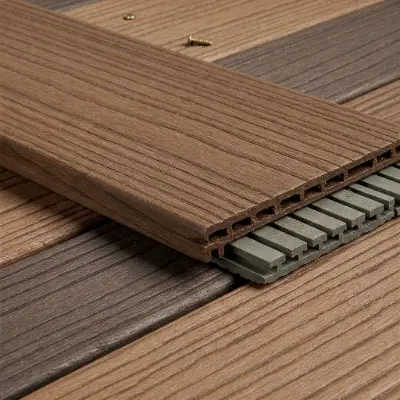
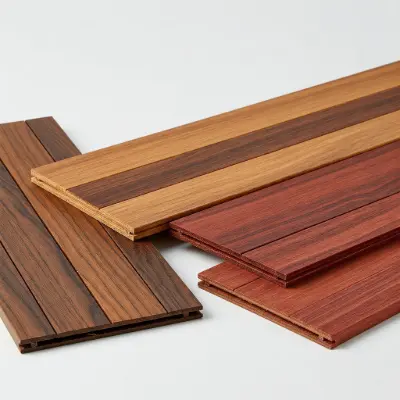
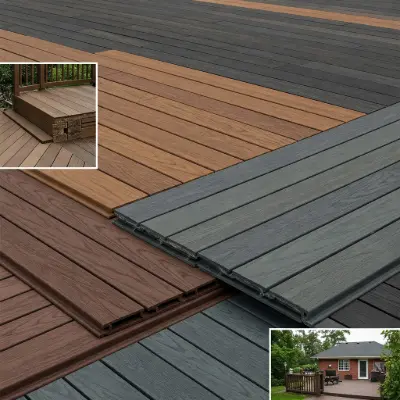
Best Coastal Climate Fence Materials
Just like decks, fences need to stand strong against salty air, high winds, and lots of moisture. Here’s what to consider:
| Material | Pros | Cons |
|---|---|---|
| Vinyl | Stands up to humidity, no rot, easy to clean | Can get brittle over time |
| Aluminum | Doesn’t rust, tough against wind | Can dent if hit hard |
| Cedar Wood | Naturally resists rot, looks beautiful | Needs sealing for salt air deck protection |
| Composite | Easy to care for, strong, stylish | Costs more at first |
If you’re wondering about the best fence materials for oceanfront homes, aluminum and vinyl are great choices because they last long and are easy to take care of.
Coastal Deck Design Ideas That Last
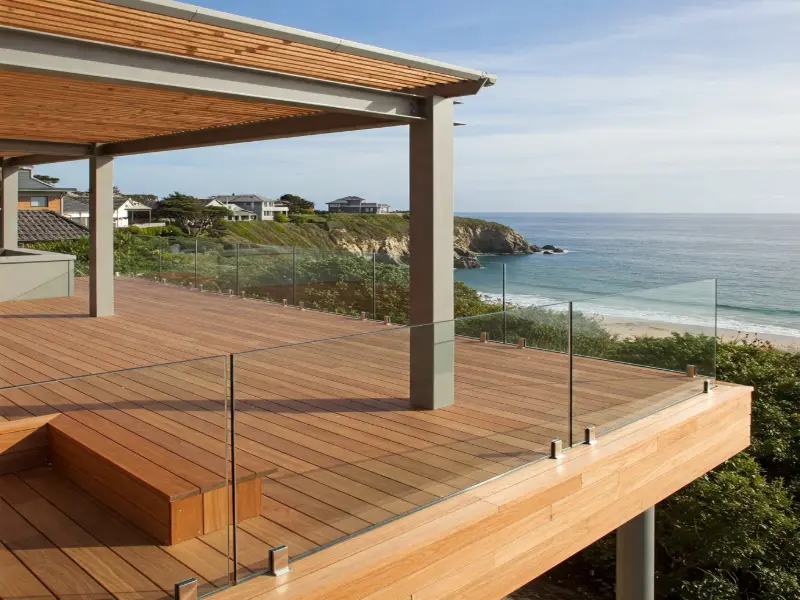
Building with the environment in mind can help your deck survive longer. Here are some awesome coastal deck design ideas:
- Elevated Decks: Helps prevent water damage during storms.
- Glass Railings: Keep your ocean view while using materials that stand up to the weather.
- Built-in Seating: Makes your deck less crowded and more stable against strong winds.
- Covered Areas: Adding a partial roof or pergola gives you UV protection and helps protect your deck.
Idea: Open layouts help air move around better. This can help your deck dry faster after rain and fight off moisture problems.
Tips for Maintaining Fences in Salty Air
Taking care of your fence near the ocean is pretty simple if you follow these important steps:
- Regular Rinsing: Spray off salt with a garden hose once a month.
- Seal and Stain: For wood fences, use a good sealer once a year.
- Tighten Fasteners: Check and tighten hardware every season, because coastal winds can loosen them.
- Replace Rusted Components: Change out rusty screws, nails, or brackets right away.
By using these tips for maintaining fences in salty air, you’ll avoid costly repairs and keep your fence looking great for years.
How to Choose Fencing That Lasts in Seaside Conditions
When you’re choosing fencing that lasts in seaside conditions, you should think about the long-term. Spend a little more upfront for better quality, and you’ll save money and headaches later.
Look for features like:
- Galvanized Steel Hardware
- UV-Resistant Coatings
- Wind-Resistant Fence Installation Techniques
Did you know? For wind-resistant fence installation, builders often set posts deeper and use strong concrete footings to handle shifting sandy soils!
If you want to learn what to expect when installing a fence, check out our helpful guide: Fence Installation Costs in Albany: What to Expect.
Final Thoughts: Building a Deck and Fence You Can Trust
Making or fixing a fence or deck near the ocean is about more than looking good — it’s about smart planning and lasting strength. Picking weather-resistant decking and humidity-resistant fencing built for coastal weather is the key to success.
Here’s a quick wrap-up:
- Best Decking for Coastal Climates: PVC, composite, and pressure-treated wood (with good care).
- Best Fencing for Coastal Homes: Vinyl and aluminum for easy care, or cedar for natural beauty (but it needs sealing).
- Maintenance Tips: Rinse monthly, check fasteners often, and apply protective coatings every year.
Living near the coast is awesome, and with a little extra care, your fence and deck can stay strong, beautiful, and safe for years to come!
For a detailed breakdown of the best fencing options suited to coastal areas, including pros and cons of materials like vinyl, aluminum, and cedar, check out this comprehensive guide
FAQ: Coastal Fence and Deck Tips
When selecting the best materials for decks near the ocean, opt for PVC, composite decking, or pressure-treated wood. These materials are known for their resistance to salt air, moisture, and UV exposure. Composite decking, in particular, is a top choice for weather-resistant decking and requires minimal maintenance compared to traditional wood.
Knowing how to protect your fence and deck in a coastal climate is crucial. Regularly rinse your fence and deck with fresh water to remove salt buildup, apply a UV-resistant sealant annually, and use galvanized or stainless steel hardware. Choosing salt air deck protection products like marine-grade finishes also extends the life of your outdoor structures.
If you're wondering which decking holds up best in coastal environments, PVC and high-quality composite decking are the strongest contenders. These deck materials for beach homes are engineered to resist moisture, salt corrosion, UV rays, and mildew — all common issues in coastal climates.
The best coastal climate fence materials include vinyl, aluminum, and cedar wood (with proper sealing). Vinyl fencing is ideal for humidity-resistant fencing since it doesn't absorb moisture, while aluminum offers excellent durability against salt air and strong winds, making it a top pick for fence materials for oceanfront homes.
Essential tips for maintaining fences in salty air include frequent rinsing with a hose, inspecting and tightening hardware seasonally, reapplying protective coatings every year, and replacing any rusted components immediately. For wooden fences, using a high-quality, salt-resistant sealant is key to preventing early moisture damage and corrosion.
Ready to Protect and Beautify Your Coastal Home?
Living by the ocean is a dream — but maintaining your outdoor spaces can be a challenge without the right materials and care. If you’re looking to upgrade your fence or deck with coastal-ready designs that stand up to the elements, we’re here to help.
At KD Fence & Decks, we specialize in designing and installing durable, stylish, and secure fences, decks, and railings tailored to your specific needs and the demands of coastal living.
With over 10 years of experience and a team of ACI-certified professionals, we deliver top-quality craftsmanship at competitive prices — ensuring your outdoor space stays beautiful and protected year-round.
Get a Free Quote Today! Call +1 (716) 452-9220 or visit our Contact us Page to get started. Let’s build an outdoor space you’ll love — and that will last for years to come!
